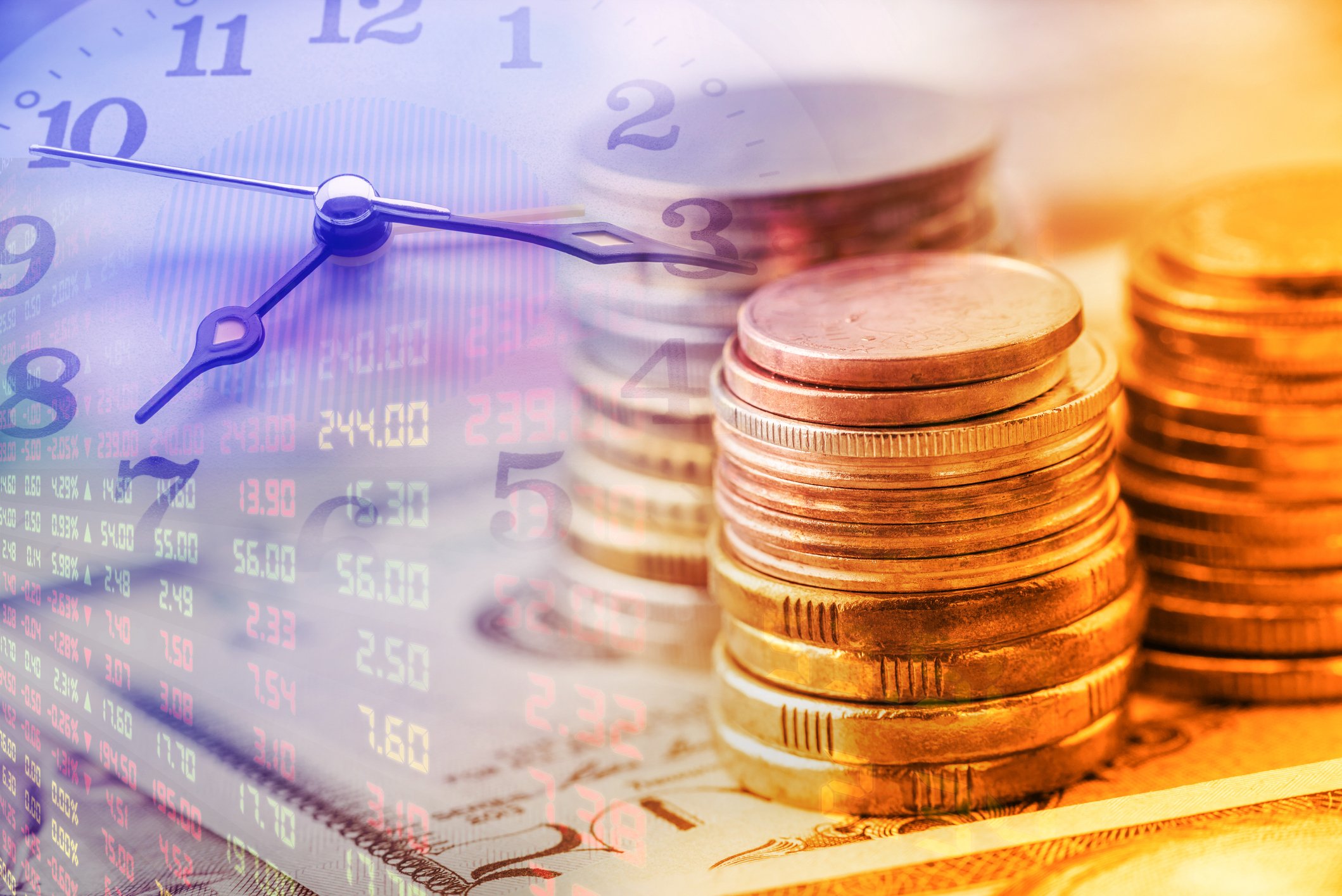
Photo by: thetaxhaven.
In 2012, Warren Buffett used Berkshire Hathaway's (NYSE: BRK-A) (NYSE: BRK-B) annual letter to shareholders as a platform to explain why he doesn't invest in gold.
He explained that the world's gold, if melted and formed into a cube, would be 68 feet on each side, and at the time have a value of $9.6 trillion. For that same amount of money, Buffett then said that could buy all American cropland, plus 16 ExxonMobils (XOM +0.55%), and still have $1 trillion left over.
He then presented what would come of either investment:
A century from now the 400 million acres of farmland will have produced staggering amounts of corn, wheat, cotton, and other crops -- and will continue to produce that valuable bounty, whatever the currency may be. ExxonMobil will probably have delivered trillions of dollars in dividends to its owners and will also hold assets worth many more trillions (and, remember, you get 16 Exxons). The 170,000 tons of gold will be unchanged in size and still incapable of producing anything. You can fondle the cube, but it will not respond.
The letter to shareholders was impeccably timed. Gold (GLD +3.83%) peaked at nearly $1,900 per ounce in 2011, never to again touch that high. As I write this, gold sells for about $1,240 per ounce.
Buffett's new bet on ExxonMobil
It's curious that ExxonMobil would appear in the 2011 shareholders letter (published in 2012). Just recently, Berkshire Hathaway announced a new, multibillion-dollar position in the energy company.
We obviously don't know if Buffett was sizing up the company in 2012 for an investment. Perhaps he just used it as an example because ExxonMobil was the largest company on the market at the time.
But at any rate, Buffett's now giving gold bugs a benchmark to compare their favorite investment to his most recent investment. Buffett could have easily purchased $3.7 billion of gold. He didn't. He bought Exxon.
Why Buffett bought Exxon
We can only speculate as to why Buffett picked ExxonMobil. Previously, he purchased a sizable stake of ConocoPhillips, an investment that was poorly timed when peaked in 2007.
Being commodity producers, oil companies have few advantages over one another, but as Bloomberg reported, ExxonMobil is one of the best oil discoverers in the world. The company spent just $19.27 to find an equivalent of a barrel, making it the second most efficient oil finder after Chevron. Buffett may believe that to be a durable competitive advantage.
Buffett's movement into utility companies, energy producers, and railroads does show us one thing: He's out of great ideas. These are all capital-intensive businesses that require big, long-term investments to grow. They're not asset-light companies like those that made him rich, companies like See's Candies or Nike.
They're just companies that, over time, provide consistent and measurable returns back to Berkshire Hathaway and its shareholders. That's about the best Buffett can do with a cash stockpile towering over $42 billion as of last quarter.
As for gold, Berkshire Hathaway doesn't have a position, and likely never will. But since his big reveal, Buffett's already up on gold by about 2% as measured by the SPDR Gold Trust.












